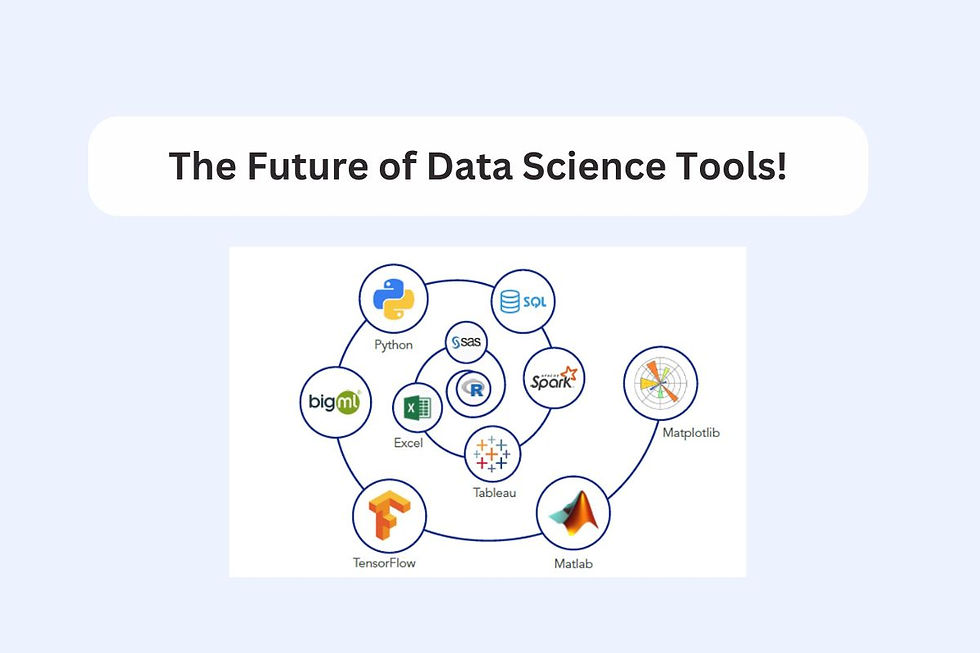What are Some Real Life Examples of OOP Concepts?
- archi jain

- Mar 27, 2024
- 3 min read

Introduction:
Object-Oriented Programming (OOP) is a powerful paradigm used in software development to organize code efficiently. It's based on the concept of "objects," which encapsulate data and behavior. Understanding OOP concepts can be daunting at first, but real-life examples can make them much easier to grasp. Let's dive into some common OOP concepts and explore how they manifest in everyday scenarios.
Classes and Objects:
At the core of OOP are classes and objects. A class is like a blueprint that defines the properties and behaviors of objects. Objects, on the other hand, are instances of classes. Consider a real-life example of a class "Car." The class Car defines attributes like brand, model, color, and methods like start(), stop(), and accelerate(). Each individual car, such as a Toyota Corolla or a BMW X5, is an object instantiated from the Car class.
Encapsulation:
Encapsulation is the bundling of data and methods that operate on the data within a single unit, i.e., a class. It hides the internal state of an object from the outside world and only exposes the necessary functionality. For instance, consider a smartphone. Its internal components like processor, memory, and camera are encapsulated within the device. Users interact with the smartphone through its interface (methods) without needing to know the intricate details of its internal workings.
Inheritance:
Inheritance is a mechanism where a new class inherits properties and behaviors from an existing class. This promotes code reusability and enables hierarchical relationships between classes. Let's take the example of shapes. A base class "Shape" may have properties like color and methods like calculateArea(). Subclasses like "Circle" and "Rectangle" inherit from the Shape class and add their specific attributes and methods while retaining the common functionalities.
Polymorphism:
Polymorphism allows objects of different classes to be treated as objects of a common superclass. It enables flexibility and extensibility in code. Think of a real-life scenario involving animals. There's a superclass "Animal" with the method "makeSound()." Subclasses like "Dog," "Cat," and "Bird" override the makeSound() method to produce their respective sounds (barking, meowing, chirping). Despite calling the same method, each object behaves differently based on its class.
Abstraction:
Abstraction involves hiding complex implementation details and showing only the essential features of an object. It simplifies the programming model and reduces complexity. Consider a remote control. It abstracts the functionalities of a TV by providing simple buttons like power, volume, and channel. Users don't need to understand the internal circuitry of the TV to operate it; they interact with the remote control, which abstracts the underlying complexities.
Composition:
Composition is a concept where objects contain other objects as part of their state. It's a "has-a" relationship rather than an "is-a" relationship seen in inheritance. For example, consider a car. It consists of various components like engine, wheels, and gearbox. Each component is an object in itself, and they are composed together to form the complete car object. If the car is destroyed, its components can still exist independently.
To understand these OOP concepts better, you can enroll in Java programming classes in Gurgaon, Agra, Delhi, and other nearby cities. These classes provide hands-on experience and practical examples to reinforce your understanding of OOP principles. Whether you're a beginner or looking to enhance your skills, these classes offer tailored learning experiences to suit your needs.
Conclusion:
Object-Oriented Programming (OOP) concepts are fundamental to modern software development, and understanding them is crucial for building robust and maintainable code. By examining real-life examples like cars, smartphones, shapes, animals, remote controls, and cars, we can demystify these concepts and appreciate their significance in everyday scenarios. Whether you're a beginner or an experienced developer, grasping OOP concepts will undoubtedly enhance your programming skills and problem-solving abilities.








Comments